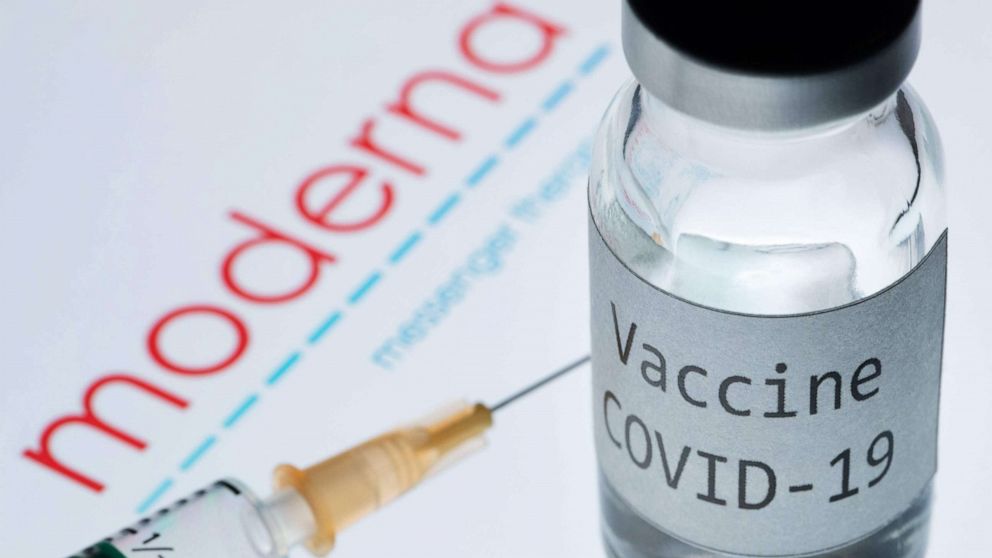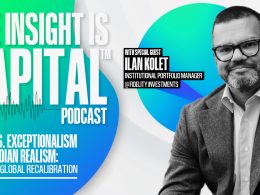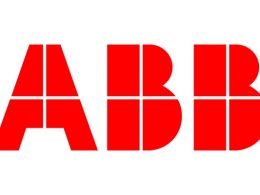by Hubert Marleau, Market Economist, Palos Management
Given that last week’s batch of economic indicators was on the weak side, frustrated investors who would like to see a lower cost of money are likely to benefit from an easing cycle, perhaps as early as September.
Growth is cooling off, and the latest evidence of this was retail sales data, which came in weaker than expected last Tuesday. There are several signs, like employment and personal savings data, pointing to lower consumer spending, which accounts for about 70% of the total economy. Bottom tier Americans are struggling because their finances have deteriorated, with personal bank deposits and rates of savings now lower than they were pre-pandemic. Consequently, the Citigroup Economic Surprise Index has fallen deeper into negative territory to minus 28.1 on Thursday last, forcing the Atlanta Fed’s GDPNow tracking model down to 3.0% real growth in Q2, from a recent high of 4.1% a few weeks ago.
Bond traders are now not waiting around for more evidence, unlike Fed officials. 2-year Treasury yields are currently 4.73% versus 5.00% at the end of May, keeping the S&P 500 near record highs.
Copyright © Palos Management














